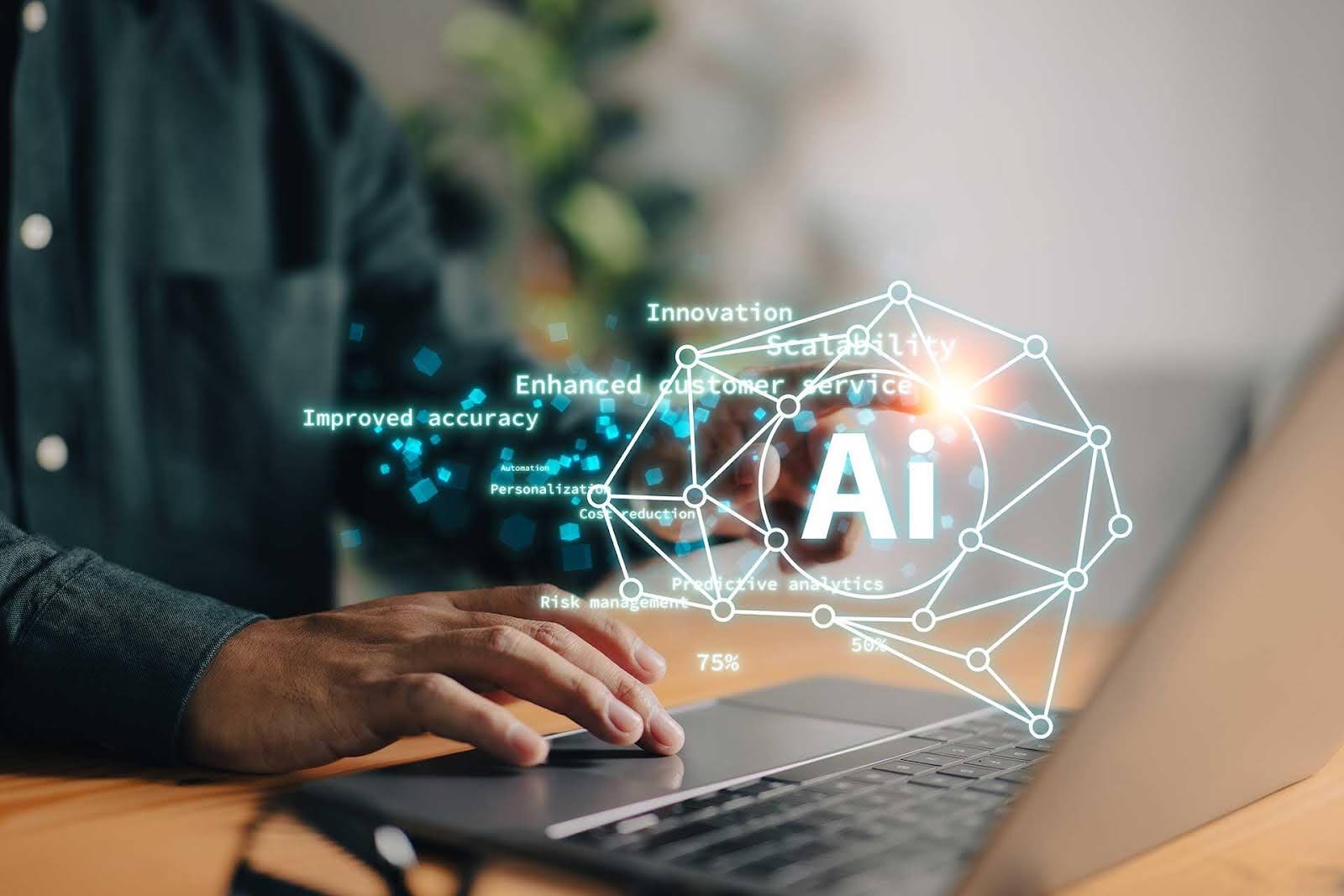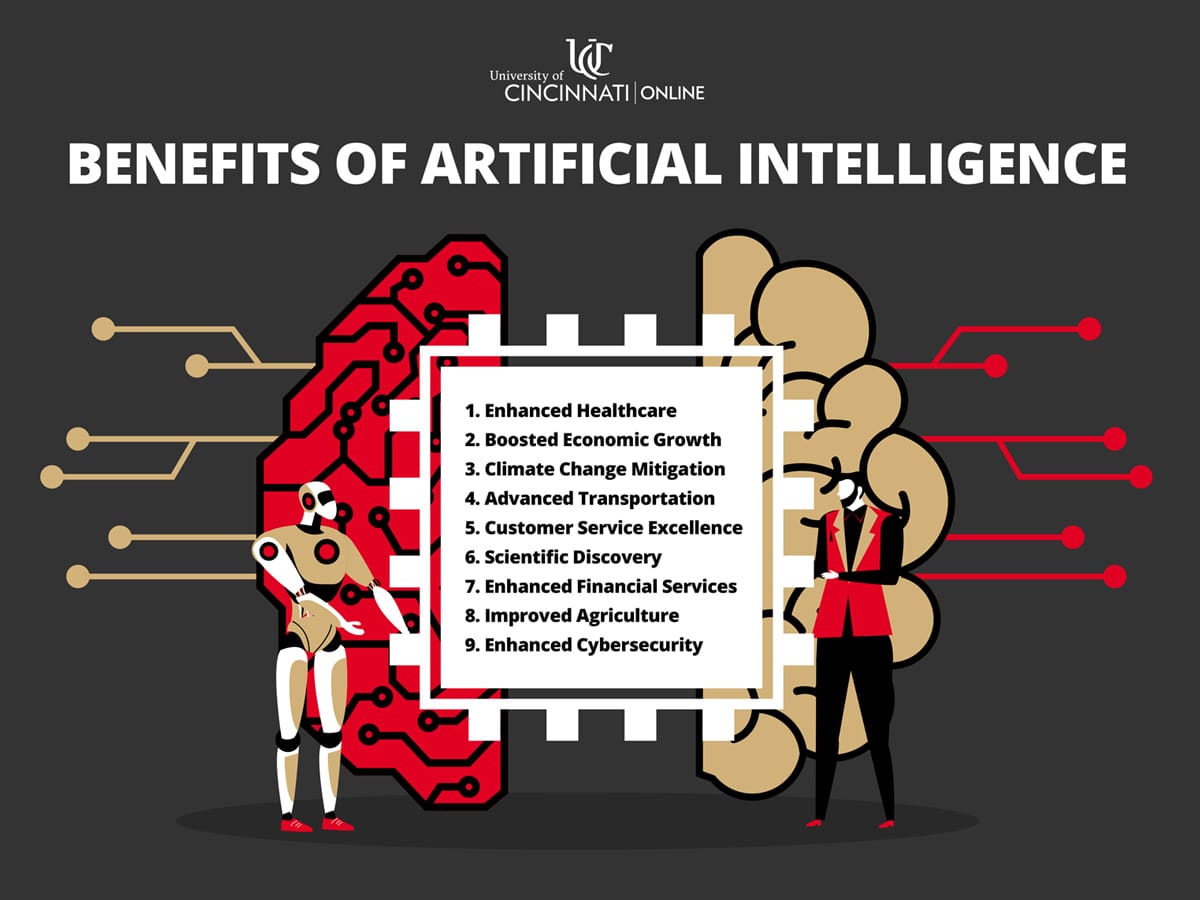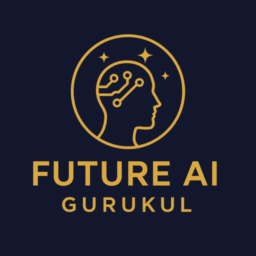
9 Benefits of Artificial Intelligence (AI) in 2025
The age of AI is well and truly upon us. Since the release of OpenAI’s ChatGPT in late 2022, countless new AI products and solutions have followed, and artificial intelligence has already transformed numerous industries, government agencies, and personal aspects of modern life. As it continues to evolve and develop, its influence and importance will undoubtedly grow even larger.
In short, it’s an exciting form of tech, with a lot to offer. This guide explores just some of the many benefits of artificial intelligence.
Key Takeaways
-
- AI is revolutionizing industries and daily life, driving innovation, boosting efficiency, and solving complex problems across healthcare, finance, agriculture, and more.
- Its economic and environmental impact is massive, projected to add trillions to the global economy while aiding climate change solutions and sustainable resource use.
- The future of AI is accelerating, with trends like multimodal AI, advanced virtual assistants, and growing ethical regulations shaping its next chapter.
What Is Artificial Intelligence?
Before we delve into the many possible AI applications and benefits of AI technologies, it’s worth taking a moment to explain what this technology is all about.
In the simplest of terms, AI is the branch of computer science dedicated to creating machines that are able to think like humans. It’s about taking the unique abilities of the human brain to understand, react, and interpret and incorporating those abilities into computers and other devices.
It’s quite a complicated field but essentially boils down to two key components: data and algorithms. Vast amounts of data are used in conjunction with algorithms to essentially “train” AI to be able to learn and grow of its own accord, without the need for programming and code updates.
The idea of AI has been around for a long time. But, for many decades, it was reserved for the realms of science fiction. However, the work of Alan Turing in the 1950s and many other great minds that followed gradually led to the rise of machine learning and the development of genuine AI solutions.
This all culminated with the so-called “AI boom” that became most prominent in 2022, as large language models and AI chatbots, like ChatGPT, were released for public usage. Since then, AI has taken off, with many businesses embracing the tech in exciting, innovative ways.
What Are 9 Notable Artificial Intelligence Benefits?
So, at a fundamental level, AI is simply about putting human intelligence into machines. The benefits of this are numerous and far-reaching. Here are 9 amazing examples:
- Enhanced healthcare
- Boosted economic growth
- Climate change mitigation
- Advanced transportation
- Customer service excellence
- Scientific discovery
- Enhanced financial services
- Improved agriculture
- Enhanced cybersecurity
#1 – Enhanced Healthcare
AI-based solutions could prove invaluable in the field of healthcare, in so many ways. AI could be used, for example, to assist researchers in developing cures and treatments for illnesses that have plagued mankind for many years.
It could also be used for administrative tasks like test analysis and data entry, or much more complicated procedures. In the future, we may even have AI-powered robots performing surgery, reducing human error and saving lives.
#2 – Boosted Economic Growth
There’s been much fear about AI replacing jobs or damaging economic stability. But the stats tell a different story. Indeed, one study found that AI could contribute a whopping $15.7 trillion to the global economy by 2030.
This is partly thanks to the fact that AI, rather than replacing or removing jobs, is opening up countless new working opportunities in diverse fields, from finance to tech. It’s also driving huge productivity growth for many organizations.
#3 – Climate Change Mitigation
Climate change is arguably the greatest threat currently faced by mankind, with future generations and the well-being of the very planet at stake. As such, scientists and researchers are racing to find ways to mitigate its effects, and machine learning – the bedrock of AI – can help with that.
An AI system could, for example, play a role in developing and making the most of new green and renewable energy systems, or finding ways to minimize carbon emissions to improve decision-making processes for governments across the globe.

#4 – Advanced Transportation
The value and benefit of AI technology are particularly clear to see in the field of transport. Self-driving cars, for example, were once a pipe dream but are becoming a reality thanks to AI’s role in computer vision and self-navigation potential, with 33 million such vehicles set to hit the road by 2040.
Beyond self-driving cars, AI can also be used in other fields of transport, like GPS systems to plot the perfect route or traffic analysis to help urban planners ease congestion. This can all help to reduce fuel consumption and get people where they need to be more quickly and safely than ever before.
#5 – Customer Service Excellence
Multiple artificial intelligence benefits are evident in the customer service sector. For example, in the past, if customers had queries or complaints, they had to call a company or send an email and await a response. Now, they can air their concerns with an AI chatbot and receive instant feedback, thanks to natural language processing.
AI technology also helps businesses personalize and manage their customer interactions more effectively. This applies to fields like banking, retail, insurance, and beyond. AI is consistently helping brands deliver the most helpful and valuable customer experiences.
#6 – Scientific Discovery
For years, scientists have dreamt of the power of AI. There’s almost no limit to how much it could aid them in research. Even today, in the infancy of AI, we can train an AI program to analyze data with remarkable speed and accuracy, thus drawing valuable conclusions, spotting patterns, and providing scientists with the info they need to make breakthroughs and discoveries.
In other words, AI represents a major upgrade to the fundamentals of research as we know it. It will make it much faster and easier to dig into data and make predictions. This could lead to the development of everything from cures for major diseases to game-changing new technologies for deeper insights.

#7 – Enhanced Financial Services
The financial industry is yet another area that is already reaping numerous artificial intelligence benefits. An AI-powered computer program, for example, can assess individual customers’ financial records in deep detail, helping firms make stronger recommendations and more informed decisions in their services.
In the field of fraud detection and prevention, AI has a part to play there too. It can help to spot the common signs of fraud or detect fraudulent activities by monitoring accounts and transfers in deep detail, potentially saving institutions and individuals from financial ruin.
#8 – Improved Agriculture
At first glance, agriculture and AI may not seem like an obvious match. But when you dig into the many artificial intelligence benefits and applications, it’s clear to see how AI can influence and improve farming around the world.
AI programs can, for instance, help farmers make better decisions about how to make the most of their land and resources. They can provide weather forecasts, instructions on when to water crops, suggestions on which pesticides (if any) to utilize, and so on.
#9 – Enhanced Cybersecurity
Cybersecurity has been a hot topic in the tech world for a long time, particularly with the rapid increase in data breaches and the development of malware. For too long, cyber-defense experts have felt like they’re playing catch-up with hackers and malware developers, but AI could change all of that.
AI tech can introduce new ways to combat cyber threats and counteract the likes of hacking attempts, ransomware, and viruses. AI programs and defenses can be set up across devices, servers, or entire networks to spot attacks in advance and take the necessary steps to mitigate their negative effects.


